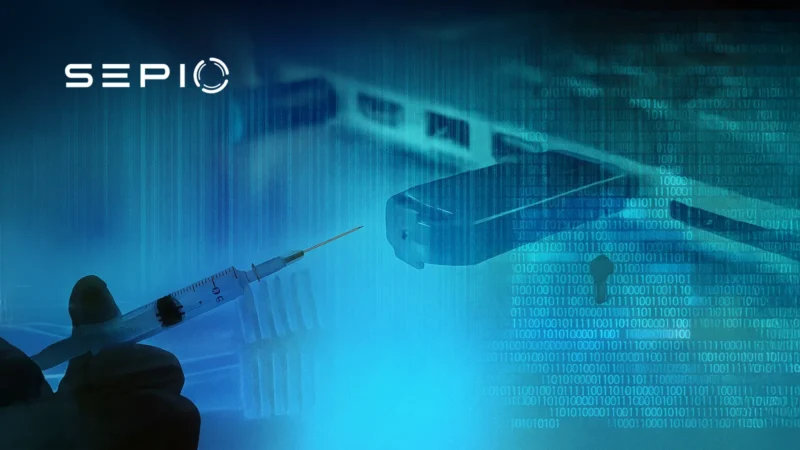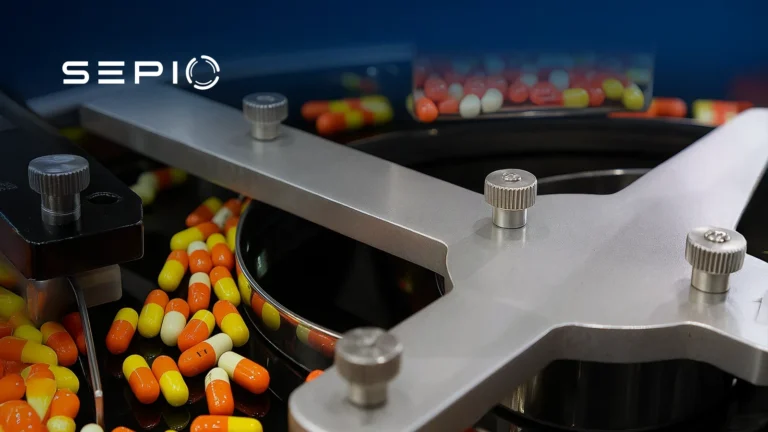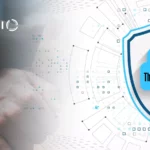Pharmaceutical Cybersecurity has become increasingly critical as the industry faces a growing wave of cyber threats. The sector’s reliance on digital technologies, cloud platforms, and IoT devices makes it a prime target for cybercriminals, highlighting the urgent need for strong, multi-layered security practices.
Cybersecurity threats in the pharmaceutical industry are especially concerning due to its vital role in public health and access to highly sensitive data. With over five billion people relying on pharmaceutical products worldwide, the sector holds immense value—making it one of the most attractive targets for cyberattacks.
Preventing Data Breaches in Pharmaceutical Cybersecurity
Pharmaceutical Cybersecurity must prioritize preventing data breaches and ransomware attacks, which rank among the most pressing concerns in the industry. According to IBM’s Cost of a Data Breach Report, the pharmaceutical sector faces the fourth-highest average total cost of a data breach.
Malicious actors often seek valuable information, such as patient data and intellectual property. Studies show that 80% of data breaches involve customer Personally Identifiable Information (PII) and over 30% include stolen intellectual property. These figures emphasize the urgent need for stringent pharmaceutical cybersecurity measures to safeguard research, operations, and patient trust.
The hidden costs of a breach: Beyond fines and lawsuits, diminished trust accounts for nearly 40% of total breach costs, according to IBM. For an industry built on credibility, trust erosion can be devastating.

How to Mitigate Ransomware Risks in Pharma
Ransomware poses a severe and growing threat to pharmaceutical cybersecurity. A study by Black Kite found that 10% of pharmaceutical companies are highly susceptible to ransomware, with medium-sized companies being the most vulnerable.
Real-world cases highlight the risks:
- Merck & Co. (2017): A ransomware attack caused an estimated $1 billion in damages from downtime and lost sales.
- AmeriCold (2020): A cyberattack on the cold storage provider disrupted vaccine supply chains during the COVID-19 pandemic, exposing the fragility of distribution networks.
The pharmaceutical industry cannot afford downtime, production delays, disrupted research, and compromised supply chains directly impact public health. This makes pharmaceutical cybersecurity a critical component of business continuity.
Cybersecurity Vulnerabilities in the Pharmaceutical Sector
Pharmaceutical cybersecurity must evolve to detect hardware-based attacks, which often go undetected by traditional tools. Rogue Devices operating on the Physical Layer can bypass endpoint and network defenses, infiltrating systems without raising alarms.
These stealthy attacks are particularly dangerous because once a device gains access, it can remain undetected for extended periods. Implementing pharmaceutical cybersecurity strategies that address hardware-based threats is essential to safeguard critical infrastructure.
Understanding Cyber Risks in the Pharma Supply Chain
The complexity of pharmaceutical supply chains presents unique cybersecurity challenges. With global vaccine distribution and vast production networks, there are countless entry points for attackers.
The more entities involved in the supply chain, the more entry points for hardware attackers, meaning higher chances of successful infiltration for hardware attackers, meaning higher chances of successful endpoint or network infiltration.
The Impact of Digital Transformation on Pharmaceutical Cybersecurity
As the pharmaceutical industry accelerates digital transformation, the number of connected devices, including IoT, OT, and smart manufacturing systems, has surged. This connectivity increases efficiency but also widens the attack surface.
Remote access, cloud integration, and IoT devices create new entry points for cybercriminals, underscoring the need for comprehensive pharmaceutical cybersecurity strategies that extend beyond traditional IT systems.
Employee Vulnerabilities and Social Engineering Threats
Employees often represent the weakest link in pharmaceutical cybersecurity. Attackers exploit human error through phishing, impersonation, and other social engineering techniques. Even unintentional mistakes, like clicking a malicious link or connecting an unauthorized USB device, can open the door to large-scale breaches.
Ongoing training, awareness programs, and clear security policies are crucial to reduce employee-related vulnerabilities.
Regulatory Compliance and Patient Safety
Pharmaceutical companies are not only protecting intellectual property, they are also responsible for safeguarding patient data and ensuring public trust. Strong pharmaceutical cybersecurity is critical for compliance with regulations such as:
- HIPAA (Health Insurance Portability and Accountability Act)
- GDPR (General Data Protection Regulation)
- FDA cybersecurity guidelines for medical products
Failure to comply with these frameworks can result in fines, legal consequences, and reputational damage. More importantly, it jeopardizes patient safety and trust, two pillars the industry cannot afford to compromise.
Endpoint and Network Cybersecurity
Pharmaceutical organizations often lack visibility into their hardware and connected assets, creating blind spots that attackers exploit. Software defenses alone cannot address these challenges.
Sepio’s platform strengthens pharmaceutical cybersecurity by offering:
- Physical Layer visibility into IT, OT, and IoT devices.
- Hardware Access Control with strict policy enforcement.
- Automatic Rogue Device detection and mitigation.
- Machine Learning analytics to identify abnormal device behavior.
By implementing these measures, pharmaceutical companies can close security gaps and dramatically reduce the risk of undetected cyberattacks.

Protect Your Organization with Sepio
There is no “vaccine” for cyberattacks, but with the right tools, the impact can be prevented. Sepio empowers pharmaceutical companies with the ultimate visibility and control over their hardware environment, ensuring comprehensive protection.
Schedule a demo with us today and see how our patented solution can protect your organization from cyber threats. Don’t wait until it’s too late, take the first step towards securing your sensitive data and intellectual property now!






